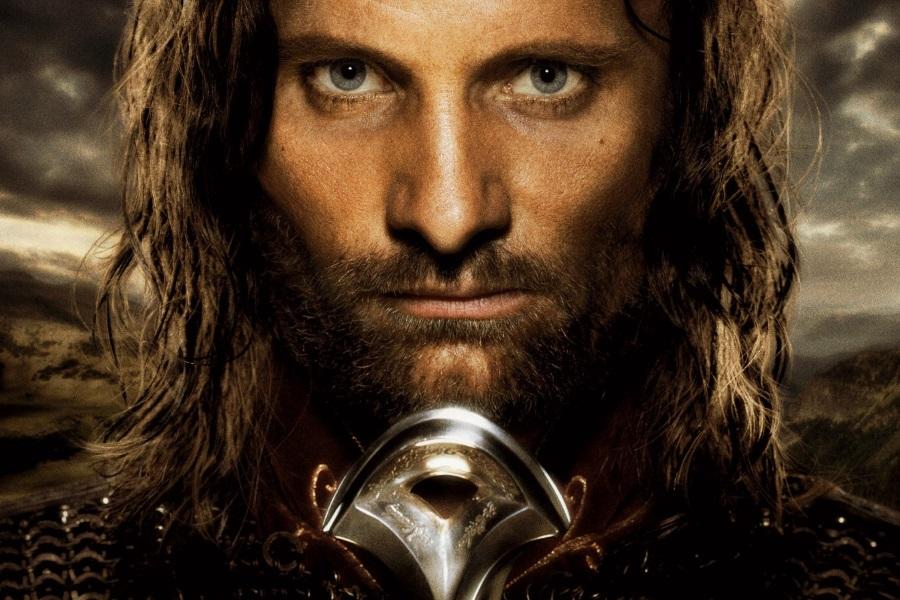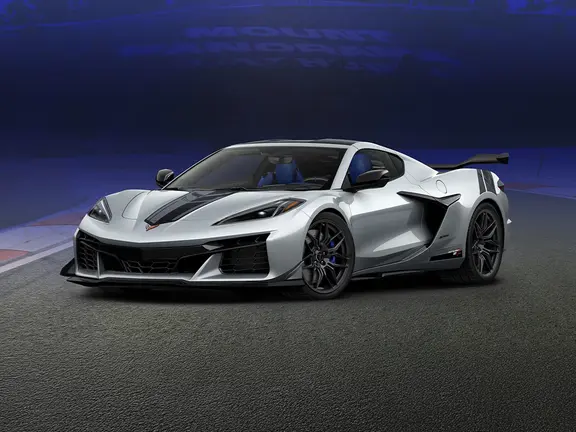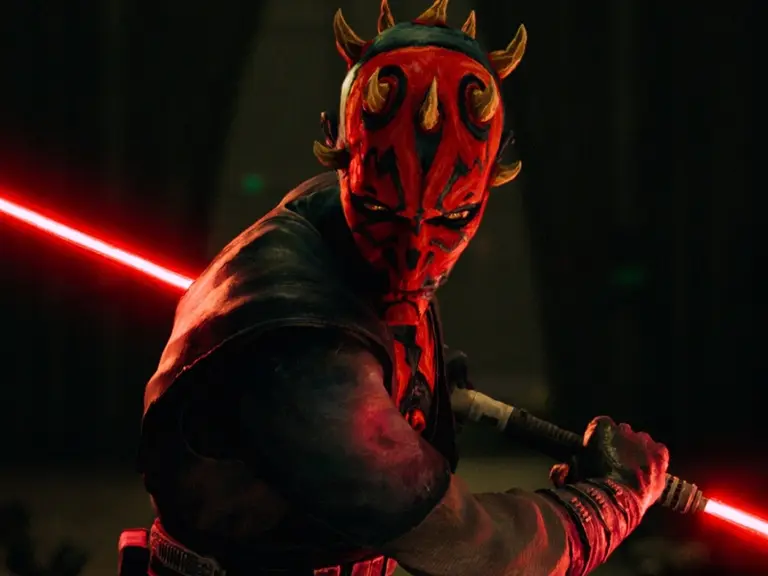
Published:
Readtime: 10 min
Every product is carefully selected by our editors and experts. If you buy from a link, we may earn a commission. Learn more. For more information on how we test products, click here.
We knew from the get-go that this was a gargantuan task. To even attempt to filter through the incredible scores that have moved us, lifted us up, brought us down to earth and taken us away from the hum-drum of our daily lives to somewhere more magical – or perhaps darker – was not something we took lightly. But amongst the thousands of films, be it from Hollywood, Bollywood and everything in between, there are compositions of music that stand above the rest. These bodies of work are no doubt a triumph in their own right, but they are made even more mighty by their use in a film.
To ensure we were being fair, and because we’re film-nerds, we put in place some rules to establish who was worthy and eligible to make this list:
- The music must have been written for the film or film series in question
- The music does not have to be performed by an orchestra – any instrumentation is allowed
- There can be accompanying vocals, however, the music cannot adhere to a traditional song structure (Intro, Verse, Chorus)
- A score does not have to have won an Oscar to be eligible (although it is likely that it was at the very least nominated)
- The film cannot be a musical in the traditional sense (sorry La La Land)
- We considered the entire score, not just a motif or memorable piece
- Just because the score is classical does not make it eligible for this list – for example, 2001: A Space Odyssey is a collection of pre-existing material.
So here it is, without further delay, The Best Film Scores of All Time: Part 1, delivered to you in no particular order (so as to not enrage the internet).
1. Interstellar
When Christopher Nolan first approached legendary composer Hans Zimmer to work on Interstellar he kept the plot and setting of the film a complete secret. Instead, he offered Zimmer a one-page story about a father leaving his child to do an important job, one that other people depended on him to do. He asked Zimmer to write what he felt: the resulting track ‘S.T.A.Y’ was nothing short of a marvel. Restrained, aching and completely human, there are few pieces of music made for film that can sum up the feeling of longing for a loved one like this piece did. Transcendent and more than worthy of the stars that inspired it, Nolan was quoted as saying “I believe that Hans score for Interstellar has the tightest bond between music and image that we’ve yet achieved.” Whether or not you consider this to be the biggest self-pat on the back or you agree, there can be no argument that Hans Zimmer is one of the greatest composers of our time.
2. Star Wars: The Empire Strikes Back
From lesser known composer, John Williams (jks) came one of the most magnificent scores to have ever been conceived. Tasked with scoring the OG space opera, Williams laid the groundwork for what would be one of the biggest film franchises of all time (if not the biggest, hence the whopping purchase price when it was acquired by Disney). But it was in the Star Wars sequel that Williams birthed a true masterpiece. From the darkened brass sections of Darth Vader’s ominous ‘Imperial March’ to the soaring of the reworked, yet no less quintessential ‘Main Title’ that blew audiences away upon release, Williams took something brilliant and made it more mature – without losing any of what makes the Star Wars movies fun. What’s more, few scores have the capacity to traverse generations like this one, and so it is for this reason, and the pure awesomeness one feels when those opening credits roll down the silver screen, that this score has made this list.
3. Birdman Or (The Unexpected Virtue of Ignorance)
A more contemporary entry in this list, Birdman is vastly different to its colleagues. Written and recorded by Jazz maestro, Antonio Sánchez, the uniqueness of this particular score boils down to fundamental point – the whole thing (practically) is played on the drums. And boy they are jazzy. Sounding improvised, although we’re certain this movie was scored methodically and with complete precision, it’s not until later in the film does Sánchez about-face. The latter half of the film is peppered with poignant sliding violins, faint woodwind instruments, lamenting operatic vocals and the credits are capped off with something Bach would have approved of. This score is in equal parts complex and exquisitely composed. It settles over the film like a second skin – there is nothing quite like it in the history of cinema. On top of this, Sánchez went above and beyond for his baby, travelling to various cinema locations to play live during the film, earning he and the filmmakers who backed him, a bonus point.
4. Inception
Hans Zimmer is known for having worked on some of the biggest films of all time. He’s a trusted favourite in the biz and he will definitely be making another appearance (or two) as we continue. For now, we pay homage to his work on the mind-bending Inception. If you were a teen or adult during the mania that was this flick, you’ll remember this trailer. In particular, the unforgettable tip-toe build up to the heavy, monolithic horns section that left you breathless – if you were lucky enough to catch this one at the cinema, you’ll remember. Paired with shots of cities folding in on themselves and blokes fighting each other in hotel-hallway zero gravity, this composition was married expertly with its subject matter and thus, rightly earns its place in this list.
5. Dr No.
It was with this film that composer John Barry laid the foundation for the Bond series we know and love today. Incredibly, the motifs we know and love, such as the surfs-up guitar riff, the confident sliding brass sections and mammoth call and response climax that rounds out an action scene better than James Bond wears a tux, all came from the one piece of music. And though you may question some of the Bond films from the 1960’s – such as Dr No – for boasting some questionable attitudes towards women, it is undeniable that Barry left an irrevocable mark on the cinema landscape. Whether you’re a Craig, Brosnan or Lazenby fan, it doesn’t matter, because it’s all Bond, baby.
6. Blade Runner
A personal favourite, the Blade Runner score is many things: Dark, industrial, futuristic, terrifying, inspiring and awe-inducing. Most of all, however, it was industry-changing. From Greek electronic music composer Vangelis, this score was innovative due to its mixture of classical composition, executed through electronic synthesisers – an instrument that despite having been accepted by musicians in the 1980’s, was only just being discovered in the movie biz. It was with Bladerunner that Vangelis helped usher in a new era of electronica in movies that would inspire generations of composers to come.
7. The Lord of the Rings: The Two Towers
It would be easy to crown The Fellowship of the Ring as the ‘best’ of the three. But for numerous reasons, The Lord of The Rings: The Two Towers stands tall above the rest of the films. This is mainly due to the new pieces, as well as the reworked originals. Consider ‘The Urakai’. The piece begins with the distressed take on the triumph of ‘The Ring Goes South’, before turning to a far more ominous marching forboding. If that hasn’t sold you, wrap your ears around the ‘Riders of Rohan’. This piece expertly covets hope amidst total dismay thanks to a change in tonality and a slow crescendo that moves from the lower octaves to the brighter, more triumphant brass section. Nestled within, a solitary violin – a representation of the hope of man, that in the face of the impossible, is still very much alive. Paired beautifully with a film that allows the score to soar, it is a no brainer that Howard Shore’s work made this list.
8. The Godfather
Not as complex as its colleagues, yet no less sophisticated, The Godfather score is made iconic by its title track ‘The Godfather Waltz’. It was with this piece, that the Godfather film was launched into movie score legend. But it’s more than its first hit; the Godfather soundtrack oozes savant, sleeze, menace and style, conjuring images of a well-dressed mafioso. The OG gangster flick, ultra-violent for its time and unapproached thus far in its genre, we argue that this film wouldn’t have been half as successful without its score.
9. Sicario
Directed by visionary Denis Villeneuve, the Sicario score is as staunch as the film. When writing, the late Jóhann Jóhannsson chose to work with moods rather than your typical orchestral arrangement – imagine a darker, more sinister Bladerunner if you can. The movie starts with tribal drumming that has a heartbeat like quality to it. Quickly, but surely, a dissonant, unsettling tone is introduced which completely changes the feeling of both the film – and whoever is watching it. And then it is gone, as quickly as it came. This ebb and flow technique continues throughout the film – Jóhannsson knew that in a negative space, darkness thrives and so it’s about what this soundtrack doesn’t do that makes it brilliant. Boasting crashing, distorted electronic sounds, a consistent (and totally confident) minor tonality, and a rhythmic motif that mirrors the abhorrent undercurrent of crime in the film, the Sicario soundtrack is a masterpiece that snuck its way into what many viewers saw as ‘just another Hollywood blockbusters’ – how wrong they were.
10. Back to the Future Part 2
From the movie-magic-maker himself, Steven Spielberg came one of the most quotable and loveable films of the 20th century. Something about the original film evokes the golden age of cinema in a way that movies today seldom do. In large part, this is thanks to its score. However, it’s part 2 where the composer, former Jazz percussionist Alan Silvestri came into his own. From the tantalising chimes at the beginning of the film to the heroic main theme, and the introduction of a more authoritative marching rhythm, Back to the Future Part 2 does everything the first film does – but better.
































Comments
We love hearing from you. or to leave a comment.